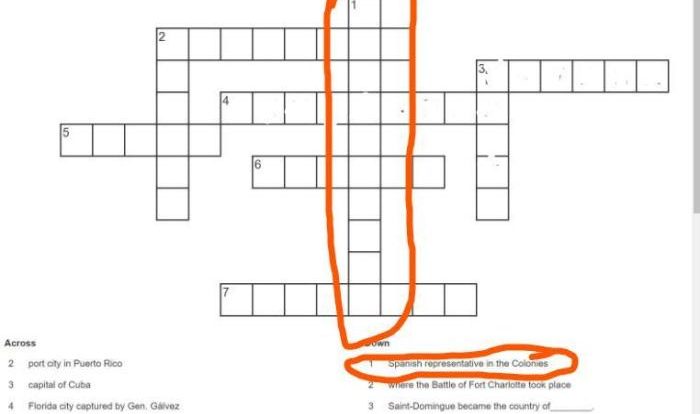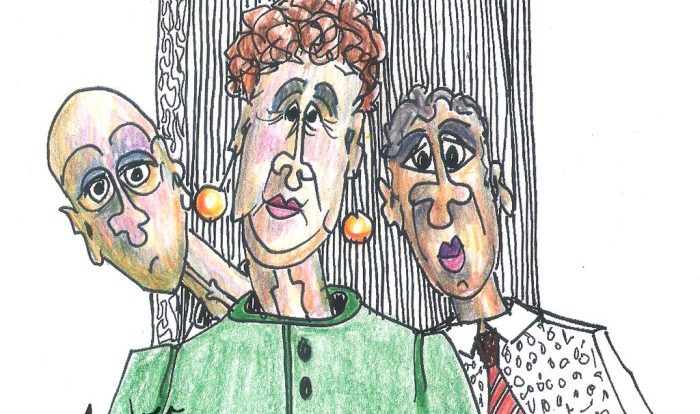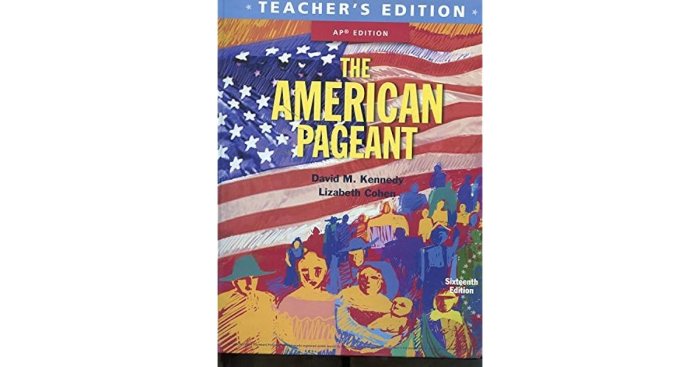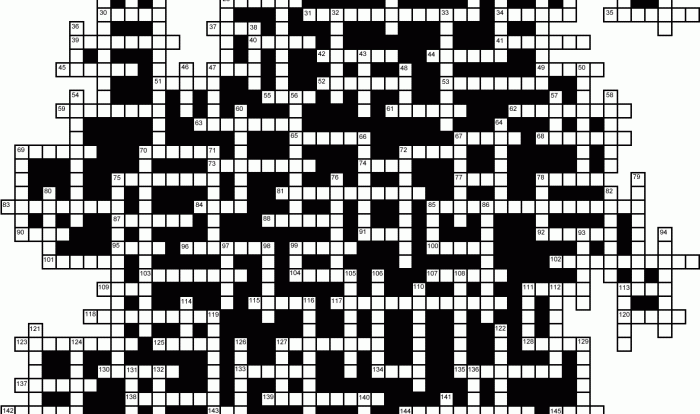Why didn’t Lincoln’s security stop Booth? This question has haunted historians and the public alike for over a century. In this article, we will delve into the complex web of security arrangements, oversights, and human errors that led to the tragic assassination of President Abraham Lincoln.
Lincoln’s assassination was a watershed moment in American history, and its impact is still felt today. By examining the failures that occurred on that fateful night, we can gain valuable insights into the importance of effective security measures and the challenges of protecting public figures in the face of determined attackers.
Security Arrangements and Oversights
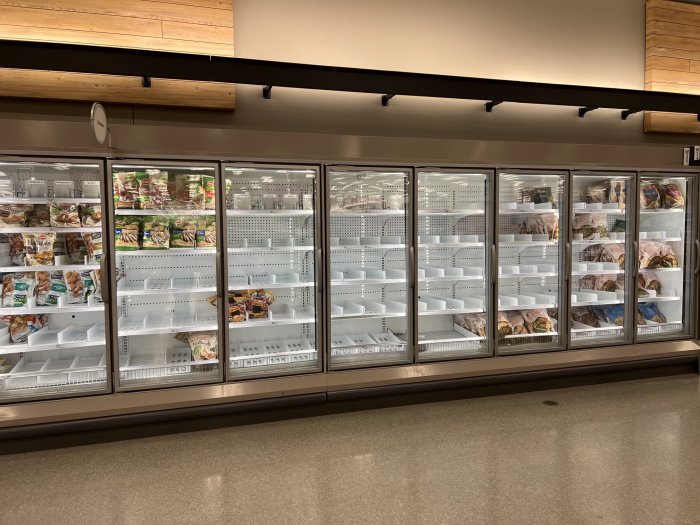
The security arrangements for President Lincoln were inadequate, leaving him vulnerable to assassination. The Secret Service, responsible for his protection, had only a small number of agents assigned to him and relied heavily on volunteers. The security plan failed to account for the possibility of an attack from within the theater, and there were no measures in place to prevent Booth from entering the President’s box.
Role of the Secret Service
The Secret Service was still in its infancy at the time of Lincoln’s assassination. It had only been established in 1865, and its agents were primarily responsible for investigating counterfeiting and other financial crimes. The agency had little experience in protecting the president, and its agents were not well-trained in security procedures.
Booth’s Movements and Access
Booth had been planning Lincoln’s assassination for months. He had studied the President’s movements and identified Ford’s Theatre as a potential target. On the night of the assassination, Booth easily gained access to the theater by purchasing a ticket. He then snuck into the President’s box and shot Lincoln in the head.
Security Measures at Ford’s Theatre
The security measures at Ford’s Theatre were lax. There were no metal detectors or other security checks in place, and the theater staff was not trained in security procedures. Booth was able to enter the theater without being searched, and he was able to smuggle a gun into the President’s box.
Failures in Communication and Coordination: Why Didn’t Lincoln’s Security Stop Booth
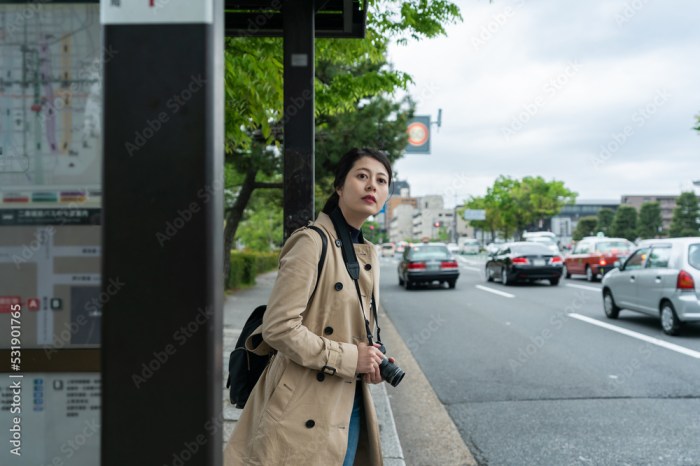
There were several communication breakdowns between security personnel on the night of Lincoln’s assassination. The Secret Service agents assigned to protect the President were not informed of Booth’s presence in the theater. The theater staff was not aware of the security threat, and they did not take any steps to prevent Booth from entering the President’s box.
Effectiveness of Communication Channels, Why didn’t lincoln’s security stop booth
The communication channels used by security personnel on the night of Lincoln’s assassination were inadequate. The Secret Service agents assigned to protect the President were not equipped with radios, and they had to rely on messengers to communicate with each other.
The theater staff did not have any communication system in place, and they were unable to alert security personnel to Booth’s presence.
Human Error and Negligence
Several instances of human error and negligence contributed to Lincoln’s assassination. The Secret Service agents assigned to protect the President were overconfident and complacent. They failed to take adequate precautions to prevent Booth from entering the theater, and they did not respond quickly enough to the threat.
Role of Overconfidence and Complacency
The Secret Service agents assigned to protect Lincoln were overconfident in their ability to keep him safe. They believed that Booth was not a serious threat, and they did not take adequate precautions to prevent him from entering the theater.
This overconfidence led to the President’s death.
Political and Social Factors
The political and social climate surrounding Lincoln’s assassination contributed to the security failures. The nation was still reeling from the Civil War, and there was a great deal of anger and resentment towards the President. This climate made it difficult for security personnel to do their jobs, and it made Lincoln a more vulnerable target.
Public Perception of Security Threats
The public perception of security threats was different in the 19th century than it is today. People were not as aware of the dangers of assassination, and they did not expect the President to be heavily guarded. This made it easier for Booth to plan and execute his attack.
Aftermath and Lessons Learned
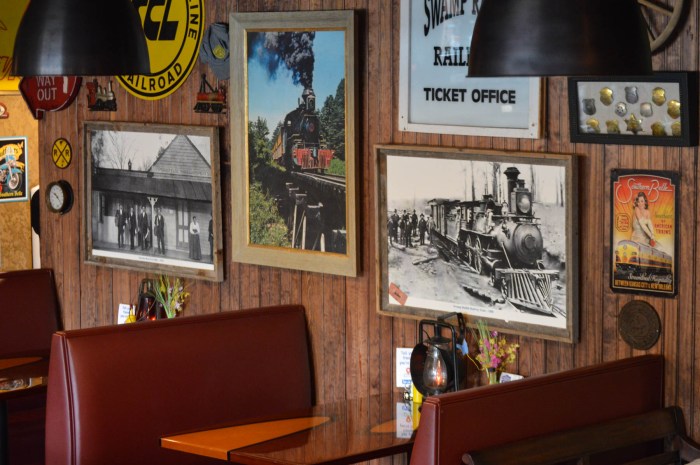
The assassination of Lincoln was a tragedy that had a profound impact on the nation. It led to a reassessment of security measures for the President, and it resulted in the creation of the modern Secret Service. The lessons learned from this tragedy have helped to prevent future assassinations.
Investigations and Inquiries into the Security Failures
The assassination of Lincoln led to a number of investigations and inquiries into the security failures. These investigations revealed that the Secret Service had been negligent in its duties, and that there were several communication breakdowns between security personnel. The investigations led to a number of reforms, including the creation of the modern Secret Service.
Questions and Answers
Who was responsible for Lincoln’s security?
The Secret Service was responsible for Lincoln’s security, but they were a relatively new agency at the time and lacked the resources and experience to effectively protect the president.
Why was Booth able to gain access to the theater?
Booth was able to gain access to the theater because security was lax. The theater was not well-guarded, and Booth was able to enter without being checked for weapons.
What were the communication breakdowns between security personnel?
There were several communication breakdowns between security personnel. The Secret Service did not share information with the local police, and the police did not share information with the theater staff.
